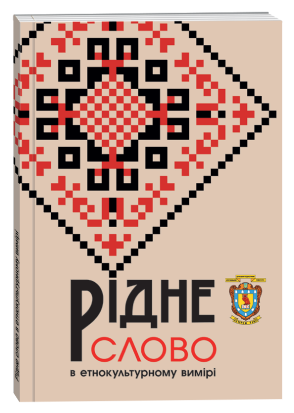SEMANTIC CHARACTERISTICS OF BUSINESS TERMS: LINK WITH MORPHOLOGO-SYNTECTICAL AND TERM BUILDING MODELS
Keywords:
business terms, semantic characteristics, word building, vocabulary.Abstract
The article deals with the analysis of semantic characteristics of the English business terms of and the business terminology on the whole. It has been postulated, that the terms with the large value of the semantic productivity mark the most substantial notions of this sphere of activity and are often used for the formation of new notions which are derived from them and are more often used in speech (bank, cash, money). The terms with the less semantic productivity mark more specialized notions and their sphere of use is narrower (marketing environment, demand deposit etc). Thus, the distribution of terms as to their semantic productivity is the demonstration of advantage law : terms that belong to the core of terminology gravitate to structural simplicity. The criteria of word communication value is its frequency of use in speech. For defi nition of more essential notions scientists select structurally simpler and shorter nomens. The distribution of terms according to their semantic complexity as well as the division according to their semantic productivity meets the requirements of communicative function of a language. Terms with the large value of semantic complexity are oriented to functioning in the strictly specialized spheres: common production profi tability, discount rate. The core of business terminology is formed by the small amount of short and structurally simple terms with small semantic complexity and large semantic productivity. Longer and structurally more diffi cult terms with less semantic productivity and bigger semantic complexity form the periphery of terminology. Mainly one word terms form its core.
References
Андренко Л. М. Термінологічне значення загальновживаних слів сучасної англійської мови : автореф. дис. на здобуття наук. ступеня канд. філол. наук: спец. 10.02.04 / Л. М. Андренко. – Суми, 2009. – 27 с.
Квеселевич Д.И. Интеграция словосочетания в современном английском языке / Д.И. Квеселевич . – К. : Вища школа, 1983. – С. 20 – 28.
Кияк Т. Р. Лингвистические аспекты терминоведения / Тарас Романович Кияк. – К. : УМК ВО, 1989. – 104 с.
Сапожник І.В. Семантика комерції в культурному форматі англомовної картини світу / І.В. Сапожник // Мова і культура (Науковий щорічний журнал. – К.: Видавничий Дім Дмитра Бураго, 2005. – Вип. 8. – Т. ІV : Міжкультурна комунікація. – С. 235 – 239. 5. Скороходько Э.Ф. Семантические сети и автоматическая обработка текста / Э.Ф. Скороходько . – К. : Наук. Думка, 1983. – 128с.
Скороходько Э.Ф. Сетовое моделирование лексики / Э.Ф. Скороходько // Использование ЭВМ в лингвистических исследованиях. – К. : Наук. думка, 1990. – С. 129 – 166.
Скороходько Е.Ф. Сіткове моделювання лексики: лінгвістична інтерпретація параметрів семантичної складності / Е.Ф. Скороходько // Мовознавство. – 1995. – № 6. – С. 19 – 28 .
Cambridge English Dictionary [Електронний ресурс] : [Інтернет-портал] // Режим доступу: http://dictionary.cambridge.org/dictionary/english/ar? a=business-english (дата звернення 25.11.2016).

